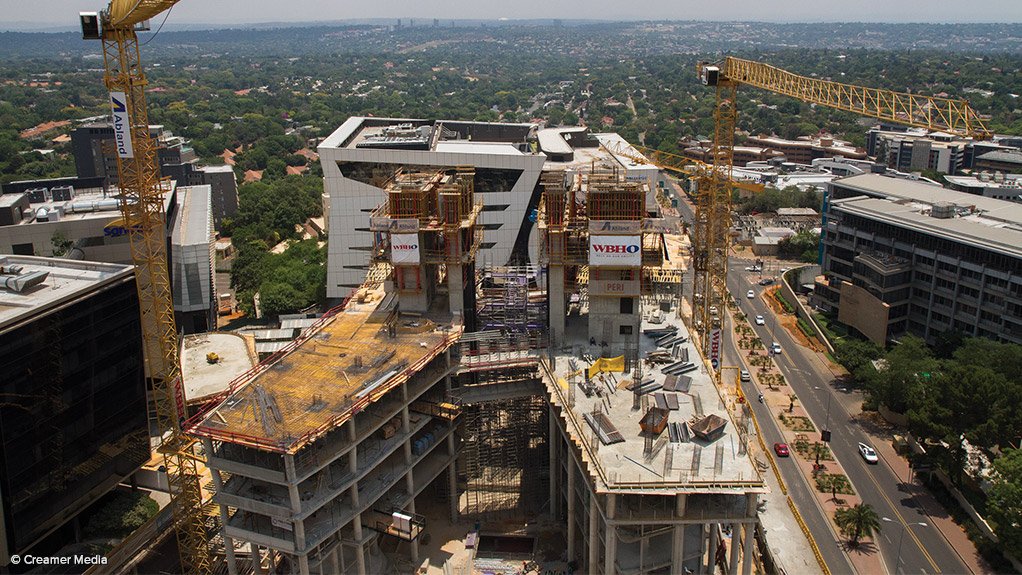/ MEDIA STATEMENT / The content on this page is not written by Polity.org.za, but is supplied by third parties. This content does not constitute news reporting by Polity.org.za.
The Tribunal has today dismissed the Commission’s complaint referral against construction company, WBHO Construction Limited (WBHO), in which it was accused of collusive tendering in relation to a Sanral (SA National Roads Agency) tender.
The matter stems from the Commission’s industry-wide investigation into the construction industry in 2006. The Commission accused WBHO and Group 5 of having entered into a collusive agreement to fix trading conditions in a tender relating to a portion of road along the N17 between New Canada and Soccer City in Johannesburg.
Commission’s case
The basis of the Commission’s case was a meeting held between construction company representatives in July 2006, under the auspices of the SA Forum of Engineering Contractors (SAFEC). The Commission alleged that the companies agreed to fix trading conditions at this meeting.
It was submitted to the Tribunal, and not challenged, that SAFEC represents civil engineering contractors nationally. It plays an important role in formulating policy and ensuring that legal and regulatory frameworks don’t hinder competitive and fair business practices.
On the Commission’s version, the companies met to discuss their dissatisfaction over the tender’s contractual conditions. They agreed on how Sanral should restructure these with the effect of assigning less risk to the contractors and more risk to Sanral.
WBHO’s case
Group 5 had applied for and was granted leniency (immunity from prosecution) in respect of this case. WBHO had opposed the matter. It argued that there had been confusion regarding the allocation of risk on the project and that mutual concerns and dissatisfaction in this regard had been discussed at the meeting.
The companies decided to send a letter to Sanral (and the Johannesburg Roads Agency) via SAFEC to clarify the contract’s allocation of risk and to voice concerns.
No agreement
In its Order and Reasons, the Tribunal said it was “unable to find any indication, in the wording of the letter, which proved that the agreement among the companies extended any further than the submission of a letter”.
In addition, the Tribunal found that the Commission was unable to prove that there was an agreement between the companies to align their bids for the tender: “We were given no reason by the Commission to treat this meeting as one that was any more than a tender clarification-seeking meeting”.
No exchange of information
The Tribunal said it was provided with no facts to suggest that the attendance at the meeting could amount to any exchange of information that was indicative of, or facilitated, the subversion of the competitive process moving forward: “We thus did not find that conduct of WBHO as described amounted to the exchange of any form of information which could have influenced the plane of competition.”
“There may well be situations in which attending a meeting to discuss the difficulties parties have with a tender should be considered illegal, but the facts of this case do not support this conclusion,” said the Tribunal.
Having considered the evidence and written arguments before it, the Tribunal has found that the Commission had failed to discharge its onus of proving, on a balance of probabilities, that the conduct of the companies had constituted an agreement directly or indirectly fixing a trading condition, or collusive tendering. The case has therefore been dismissed.
Issued by The Competition Tribunal
EMAIL THIS ARTICLE SAVE THIS ARTICLE ARTICLE ENQUIRY
To subscribe email subscriptions@creamermedia.co.za or click here
To advertise email advertising@creamermedia.co.za or click here











